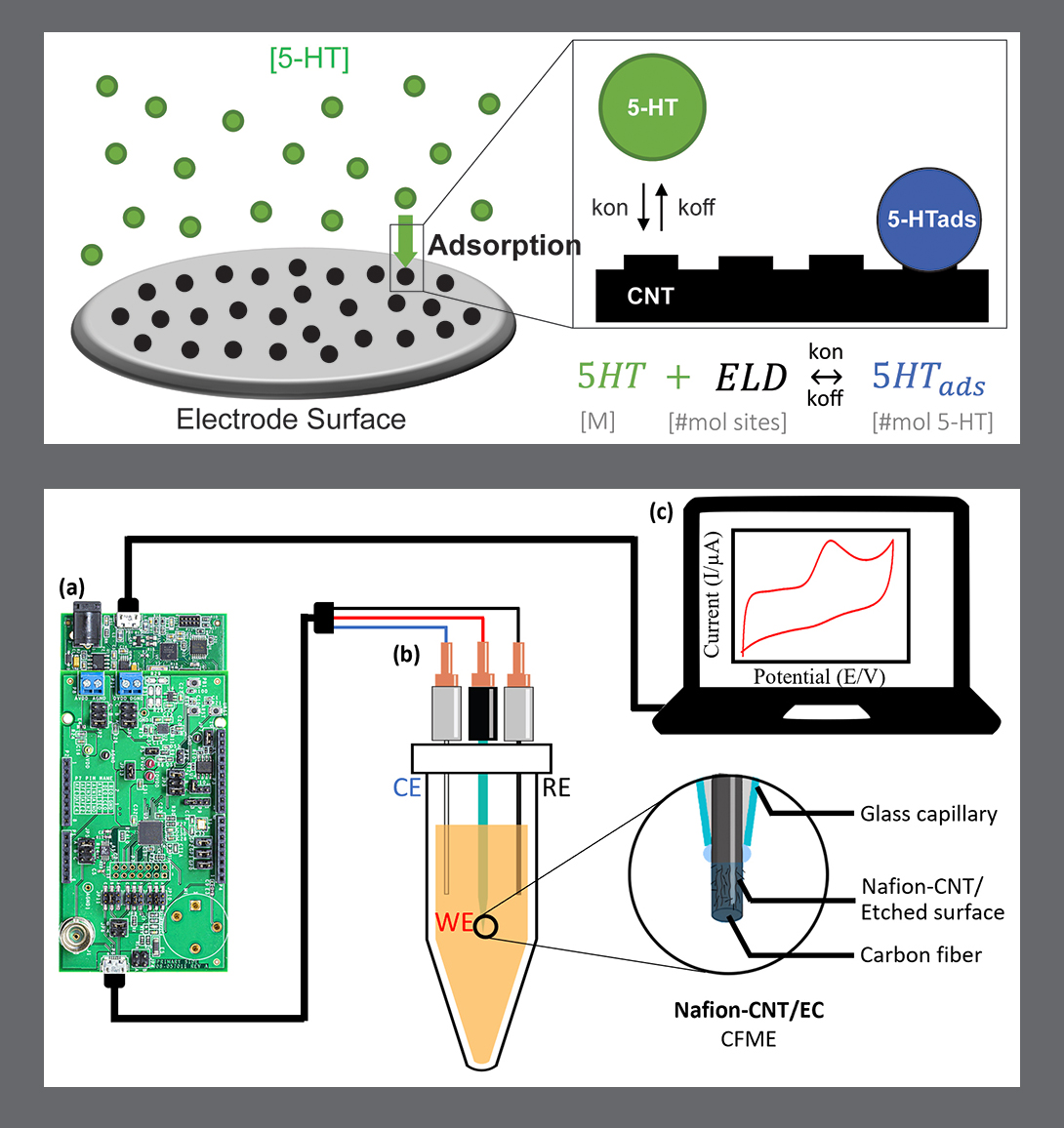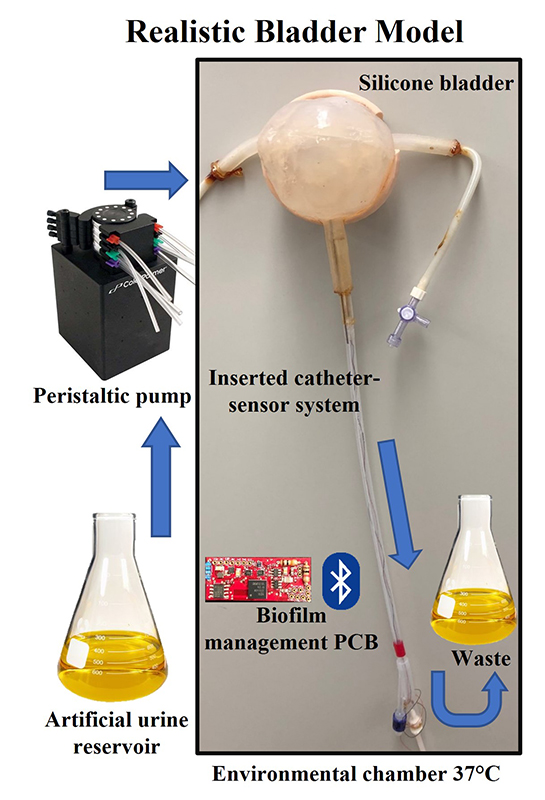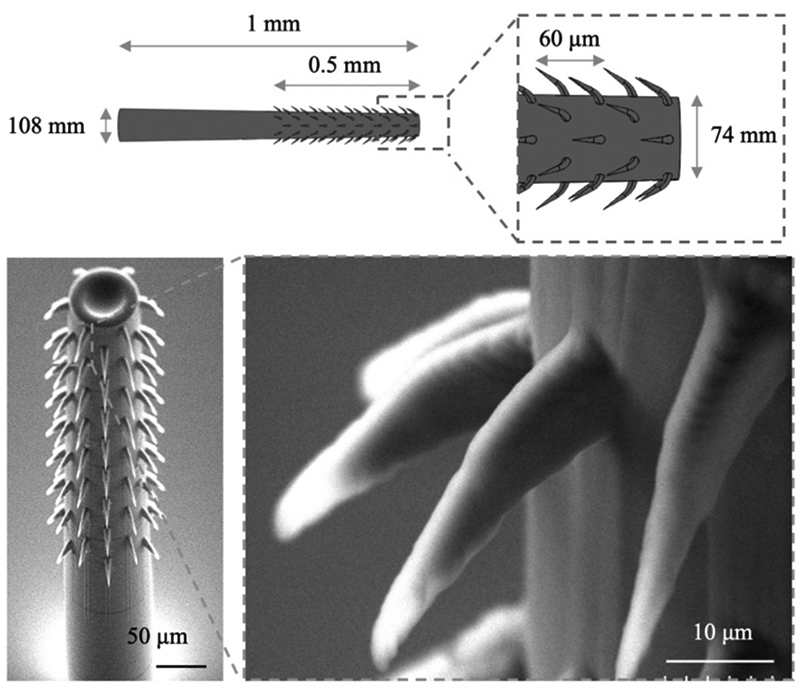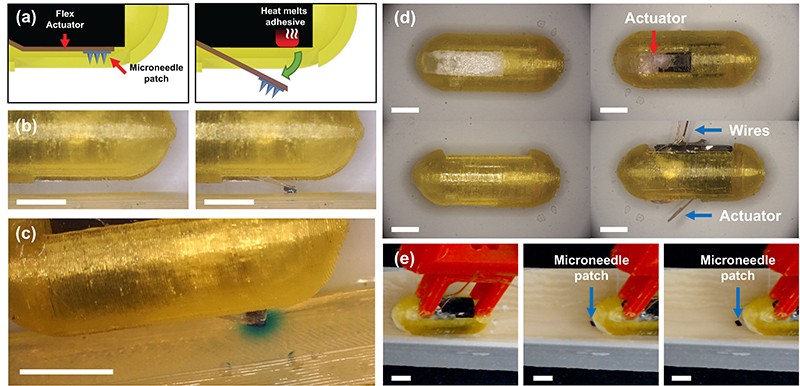News Story
Miao Yu to develop cost-effective sensor for measuring lake health
Lakes play an important role in regulating the greenhouse gases that are important to Earth’s climate. However, human-induced stress and disturbance, exacerbated by a changing climate, have put lakes under an increasing amount of stress. To understand how lakes are changing, it is critical to monitor them, especially those that are ice covered in winter months. It is difficult to make such measurements year-round because of the high cost of installing and maintaining monitoring instruments.
Professor Miao Yu (ME/ISR) is the principal investigator for Light in the Dark: Fiber Optic Sensing of Climate-Critical Carbon Cycle Components at Water/Ice-Air Interfaces, a new three-year, $500K NSF collaborative research project to advance water quality monitoring. Yu will develop a sensor that can monitor multiple water quality parameters throughout the year.
A miniature, cost-effective sensor will provide an improved understanding of the carbon footprint of lake systems and will better inform lake management decisions. The fiber-optic, multiparameter sensor will be suitable for long-term deployment, including under lake ice. The sensors will be able to simultaneously measure parameters such as carbon dioxide, methane, temperature, pH, salinity, and dissolved oxygen. These are the significant components of measuring a lake’s health, its influence on climate change, and the impacts of human activity on the lake.
Yu also is the University of Maryland principal investigator for a related, recently awarded four-institution National Science Foundation grant, BLUES: Boundary Layer Under-Ice Environmental Sensing. The three-year, $689K collaborative research project will start in October. The researchers will develop technology to accurately measure ice accretion and melt rates at the ice/water interface, then use that information to generate better models of under-ice water circulation and mixing. | Read the story here |
Published August 28, 2023







